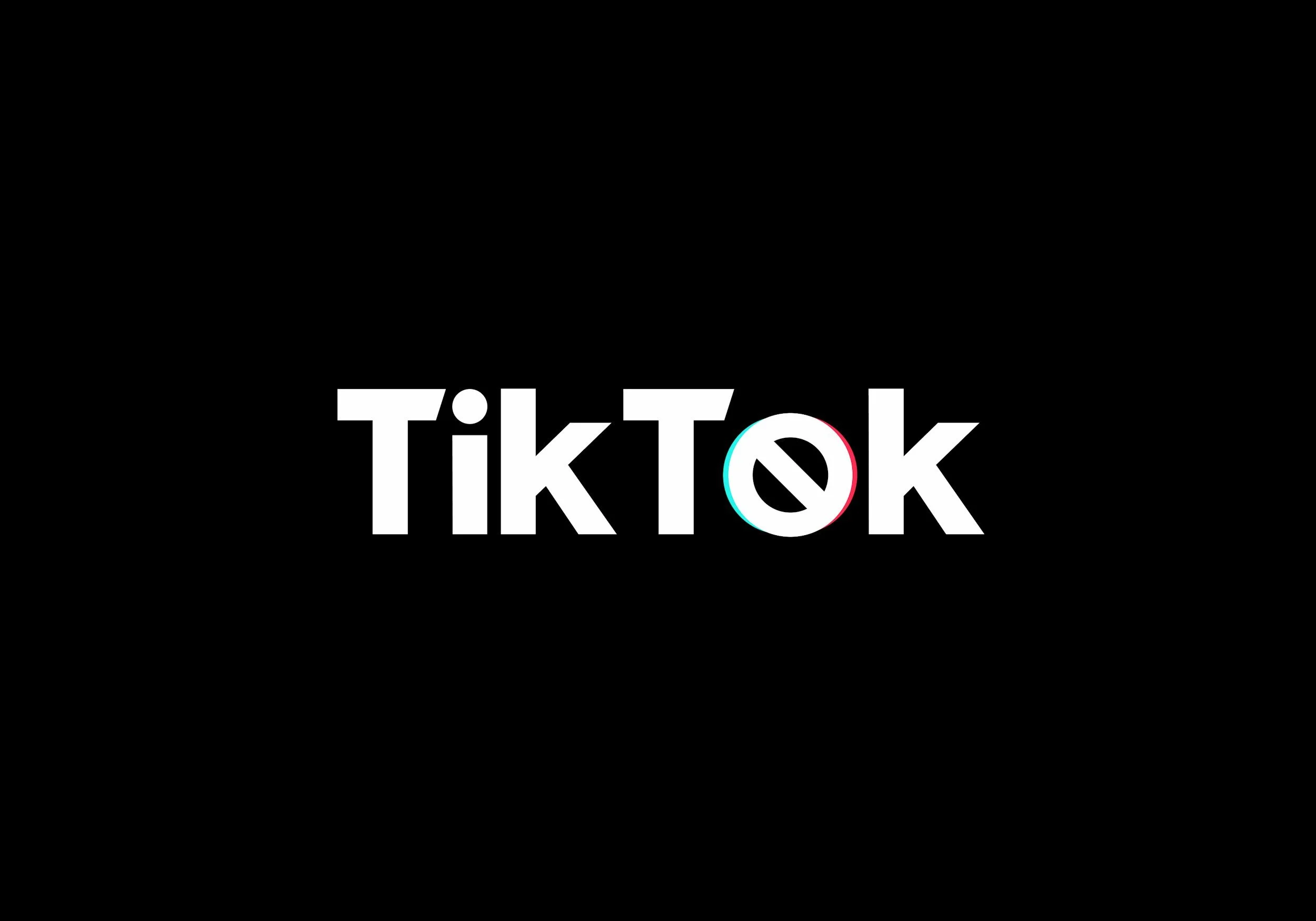Executive director Barry Lynn responded to recent remarks from Assistant Attorney General for the Antitrust Division Gail Slater that focused on how the Justice Department under President Trump intends to enforce America’s antitrust laws and promote fair competition.
Read MoreSenior reporter Karina Montoya argues that dismantling Google’s search monopoly requires structural changes, such as divesting Chrome which would break its interdependencies with Android, and implementing public oversight on its AI investments, to restore competition and prevent further market entrenchment.
Read MoreSenior reporter Karina Montoya discusses the U.S. Department of Justice's recent proposal to break up Google's search monopoly by requiring the company to divest its Chrome browser and potentially its Android operating system, aiming to enhance competition in the digital market.
Read MoreIn this issue, we look at how the Trump DOJ’s pursuit of a Google breakup could help rewrite the rules of the internet and AI for the future.
Read MoreSenior legal analyst Daniel Hanley was quoted supporting the ruling, emphasizing that corporations can't use weak First Amendment claims to evade regulation.
Read MoreSenior legal analyst Daniel Hanley commends the Supreme Court's TikTok divestiture decision but calls for broader regulation of surveillance-driven platform business models to protect democracy and privacy.
Read MoreCJL director Courtney Radsch and senior reporter Karina Montoya co-author a piece alongside other antitrust experts examining the legal reasoning behind the U.S. District Court's ruling in United States v. Google LLC and the potential consequences for Google's business operations, and the broader implications for antitrust enforcement in the technology sector.
Read MoreIn this issue, we celebrate AAG Kanter’s record and the FTC’s restoration of the Robinson-Patman Antitrust law. We also explore how China is using its dominance of key minerals to challenge President-elect Trump’s policies even before he takes office.
Read MoreIn this issue, we take a look at how the fight to rein in Big Tech giants is moving to the states as the future for antitrust enforcement remains uncertain under the incoming Trump administration and Republican-controlled Congress.
Read MoreSenior reporter Karina Montoya suggests in response to the the Google Ad Tech Case, that the DOJ believes Judge Brinkema recognizes their case against Google's monopolistic practices is strong, even under Google's own market definition.
Read MoreCenter for Journalism & Liberty (CJL) at the Open Markets Institute Director Dr. Courtney Radsch shared a statement in response to closing arguments today in the U.S. Department of Justice’s case against Google for monopolizing several technology products central to digital advertising.
Read MoreIn this issue, we look at one of the first challenges the Trump Administration will face — as ocean freight carriers exploit their monopoly to drive freight rates to unprecedented levels. We also look at the DOJ’s plan to break up Google. In this issue,
Read MoreCJL director Courtney Radsch speaks on her support of structural remedies against Google to dismantle its entrenched market dominance and foster competition.
Read MoreCJL director Dr. Courtney Radsch shared a statement in response to the proposed final judgement the Department of Justice has put forward to address Google’s monopoly over online search.
Read MoreThe Center for Journalism & Liberty (CJL) at the Open Markets Institute submitted a detailed letter to the U.S. Department of Justice (DOJ) Antitrust Division, advocating for decisive action to dismantle Google’s monopoly over online search and search text advertising.
Read MoreIn this issue, we look at the lessons of the U.S. presidential election, and some next steps. We also explore how the EU’s AI strategy might concentrate even more power in the hands of Big Tech.
Read MoreSenior reporter Karina Montoya is quoted emphasizing the significance of the Department of Justice's focus on how Google's dominance in the general search market could extend into AI technology markets.
Read MoreSenior reporter Karina Montoya was a featured podcast guest brought to discuss the start of a significant antitrust trial against Google, focusing on its alleged monopoly in online advertising, with concerns about its negative impact on competition and journalism, highlighting the broader implications for tech regulation.
Read More

















